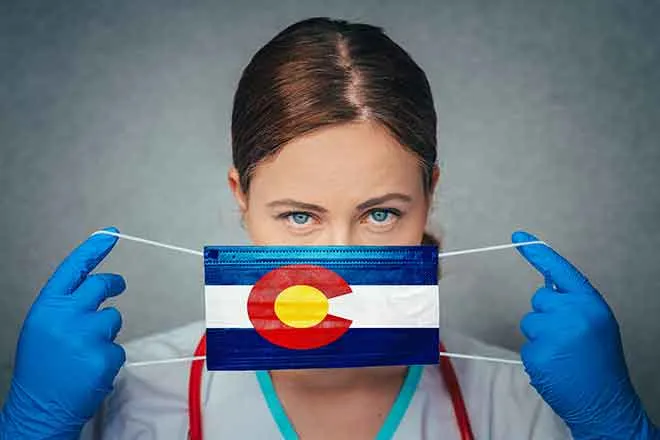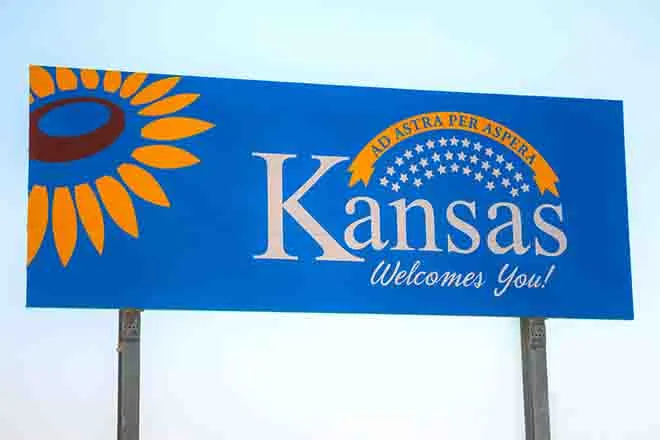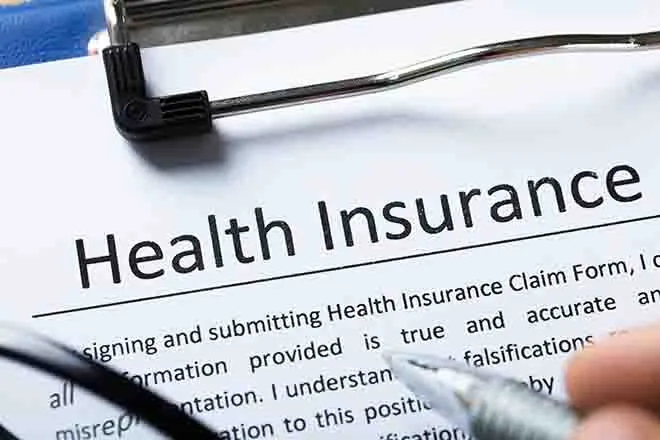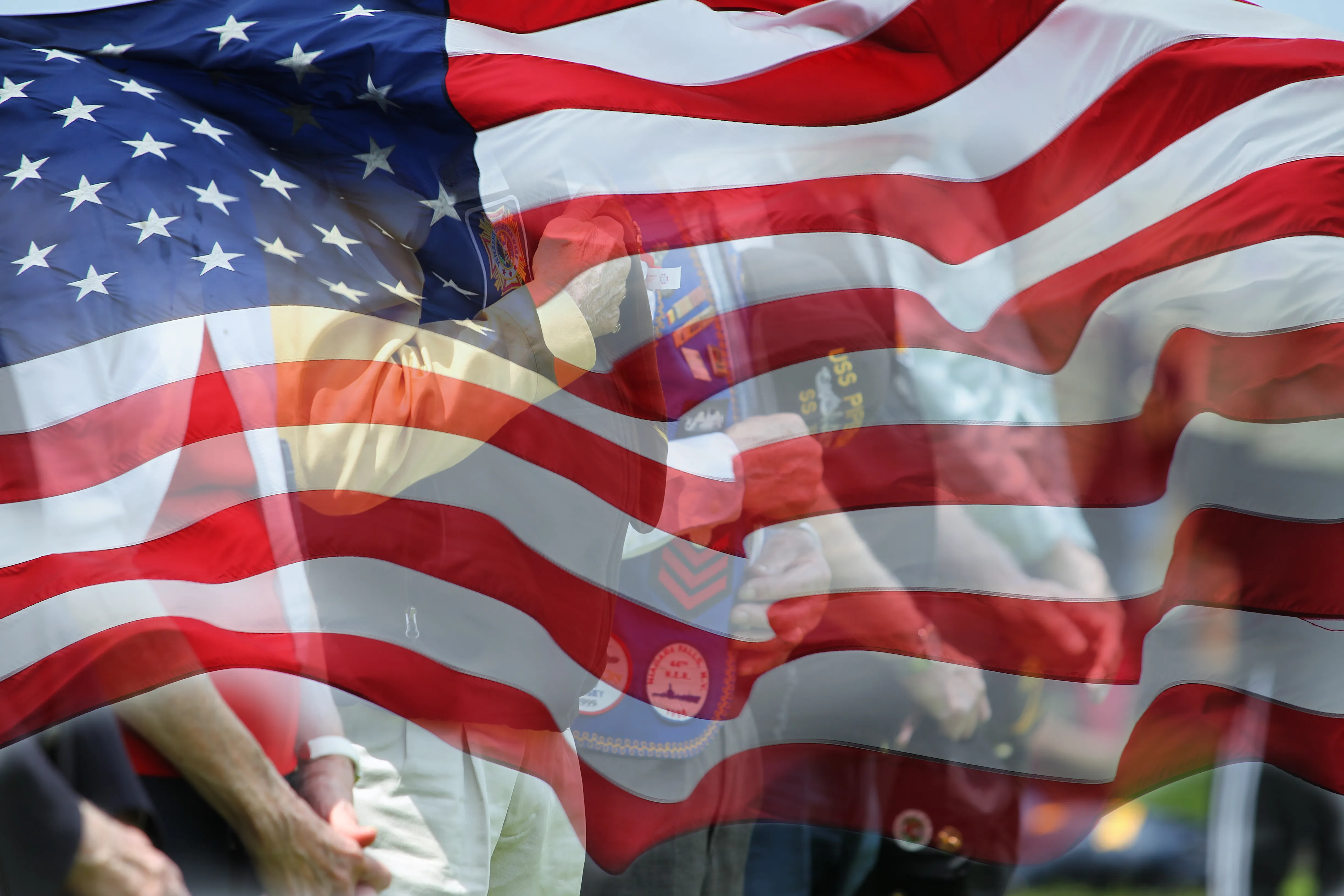
Heart Association: two-handed CPR saves lives during cardiac arrest
(Missouri News Service) February is American Heart Month, and the American Heart Association encourages everyone to learn about cardiac arrest and the importance of learning hands-only CPR.
With a heart attack, people often have warning signs, but with cardiac arrest, they may not. It happens when the heart's rhythm is so severely disrupted it stops beating, and can be caused by a number of conditions.
Jennifer Jaeger, executive director of the American Heart Association of St. Louis, Missouri, said cardiac arrest usually does not happen in the type of dramatic settings portrayed in the media.
"Most of the cardiac arrests that happen, happen in a home," Jaeger pointed out. "It's likely going to be someone that you love. And so you want to be able to make sure that you're in a place where you would be able to do something."
Jaeger said calling 911 is the important first step, and science shows using hand compressions without breaths is just as effective for adults. She stressed conventional mouth-to-mouth CPR is still recommended with drowning victims and small children.
About 350,000 people in the U.S. -- children and adults -- suffer cardiac arrest outside a hospital each year, and less than half of them receive immediate help before emergency responders arrive.
Jaeger emphasized you do not need to be certified to save someone's life, and no one should let fear of hurting someone keep them from administering CPR.
"A few broken ribs, those things are fixable," Jaeger noted. "But the longer somebody goes without their heart pumping that blood, you're talking about permanent damage and, most likely, death."
Linda Dickson of St. Louis experienced cardiac arrest fifteen years ago when she was thirty-six years old. One nearby person immediately called 911, and two nurses who were present administered CPR until paramedics arrived. Dickson realizes how lucky she was.
"I've talked to numerous firemen that show up at an event and no CPR has been done," Dickson stated. "They just know that after that long of a time without CPR your survival chances are just awful."
Dickson added her cardiac arrest was blamed on myocarditis, an inflammation of the heart probably caused by a virus.
















